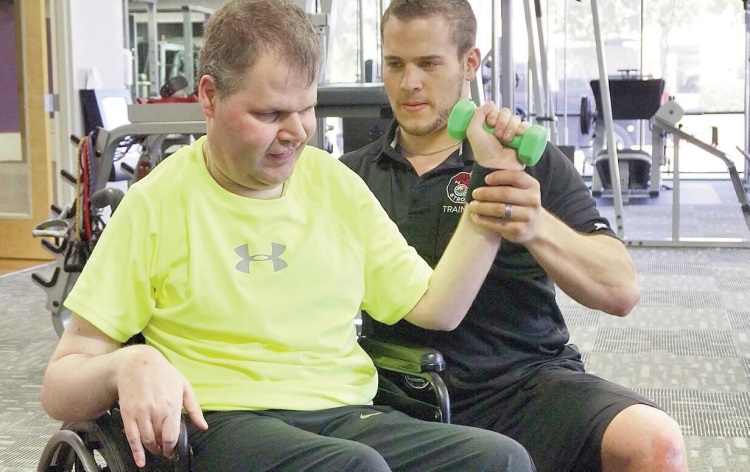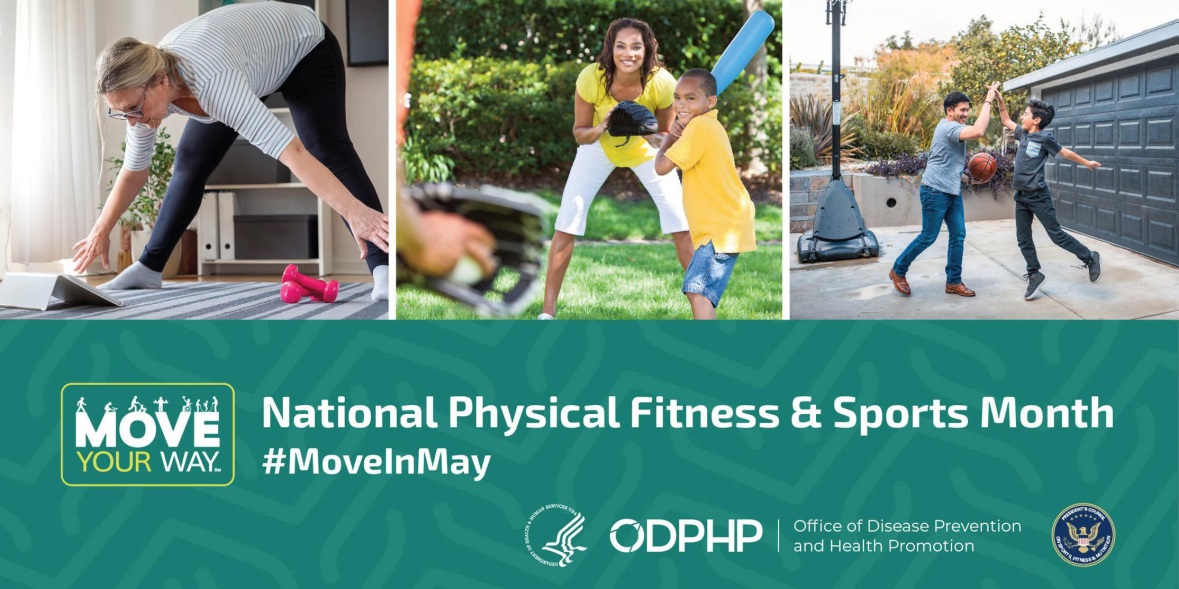SET A GOOD EXAMPLE
Some people think that people with special needs want to isolate themselves from other people. The truth is, they are just like the rest of us. Social. Friendly. Wanting to belong. When people with special needs see their parents or any of their family members involved in physical fitness or any form of exercise, they will be interested to try it as well.
CONGRATULATE THEM FOR A JOB WELL DONE
Physical fitness training for people with special needs will always be a challenge. That's why they deserve the applause for a job well done and for making it through their exercise routine, however simple or hard it may be. Simple words of encouragement can go a long way so next time your child or loved one is able to perform an exercise routine on their own, let them know that you are proud of them for doing a great job.
HOW MUCH EXERCISE IS ENOUGH?
Any amount of exercise is better than no exercise at all. The rule of thumb is that any activity that makes your heart beat faster is ALWAYS good for your health.
If you want to achieve optimum results, you should exercise for at least 150 minutes every week. That's a total of 2.5 hours that can be broken down into smaller activ
ities during the week that is equivalent to 25 to 30 minutes of physical exercise daily.
Take note that before you start any form of physical fitness training for people with special needs, make sure that you talk first to your doctor. Talking to a professional health care provider can help you find ways on how to plan an exercise routine that suits someone with special needs.
Starting an exercise routine for your kid or family member with special needs may seem daunting at the first. But the more you stick to your exercise routine, the more you find your efforts worth it with the many benefits that physical fitness training brings. •

ABOUT THE AUTHOR:
Daniel Stein is the CEO and Founder of Special Strong, a gym franchise that offers adaptive and inclusive fitness training to people with special needs including those with autism, Down's Syndrome, Asperger's, ADD/ADHD, cerebral palsy, stroke victims, obesity, spinal cord injuries, and many more. Daniel has certifications from the National Academy of Sports Medicine (ACSM) and the National Federation of Personal Trainers (NFPT). He is also a Certified Inclusive Fitness Trainer (CIFT). He also offers adaptive and inclusive fitness training certifications to those who are interested in becoming part of the Special Strong family. For more information, visit SpecialStrong.com or CertifyStrong.com
